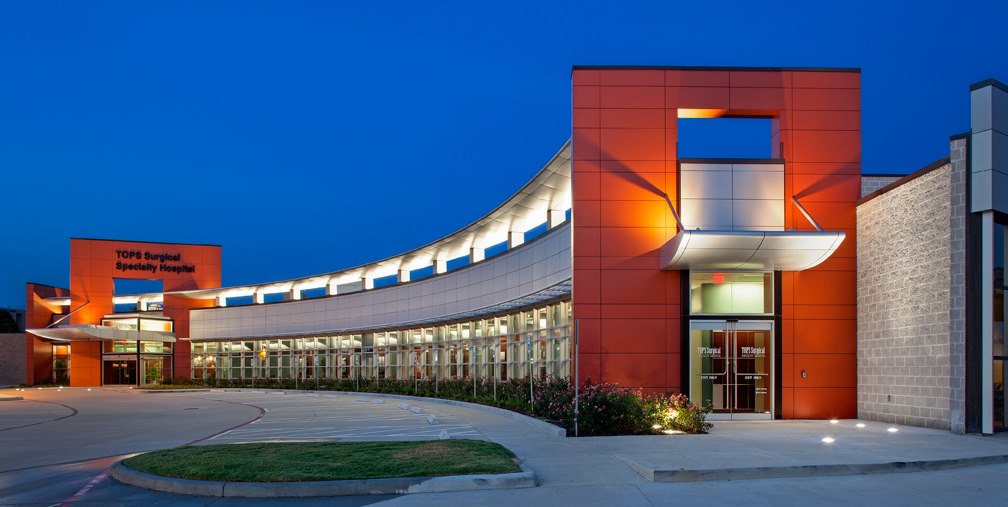
Colon polyps are minor growths that can develop on the lining inside the colon (or the large intestine). While most colon polyps are harmless, some may become cancerous with time. That’s why early detection and removal of colon polyps are crucial steps in preventing colon cancer. In this blog post, we’ll explore what colon polyps are, why early detection is important, and what treatment is used, with a focus on the role of TOPS Surgical Specialty Hospital.
Colon polyps are a type of abnormal tissue growth that project from the inner lining inside the colon. They come in a range of sizes, types, and shapes. Some polyps are flat (sessile), while others have a stalk (pedunculated). The two primary varieties of colon polyps are hyperplastic/inflammatory polyps and adenomatous polyps (adenomas). Adenomas are regarded as precancerous and have a higher risk of developing into cancer, while hyperplastic/inflammatory polyps are generally harmless.
Early detection of colon polyps is vital because it allows for the removal of precancerous polyps before they have a chance to turn into cancer. Colon cancer is a leading cause of cancer-related deaths, but it is highly preventable with timely intervention. Regular screenings at our North Houston surgical hospital, such as colonoscopies, play a critical role in detecting polyps early, when they are most treatable.
The primary treatment for colon polyps is removal during a colonoscopy. This procedure involves inserting a flexible tube with a camera (colonoscope) into the rectum to examine the entire colon. If polyps are found, they can often be removed during the same procedure using dedicated tools. The removed polyps are then sent to a laboratory for analysis to determine their type and potential for malignancy.
In some cases, larger polyps or those that cannot be safely removed during a colonoscopy may require surgery. TOPS Surgical Specialty Hospital is a leading provider of advanced surgical care, including minimally invasive procedures for colon polyp removal. Their experienced surgeons utilize advanced techniques to ensure optimal outcomes and a faster recovery for patients.

Regular colon cancer screenings at a surgical hospital in North Houston are essential for individuals, even if they have no symptoms. The American Cancer Society recommends that adults with average risk begin regular screenings at age 45. Those with a family history of colon cancer or other risk factors may need to start screening earlier or undergo more frequent screenings.
Colonoscopy is the most reliable method of colon cancer screening as it enables both the detection and extraction of polyps. Other screening options include stool-based tests and CT colonography (virtual colonoscopy). It’s important to discuss with your doctor the most appropriate screening method based on your individual risk factors and preferences.
TOPS Surgical Specialty Hospital is committed to providing comprehensive and compassionate care for patients with colon polyps and colon cancer. Their team of physicians, including gastroenterologists, surgeons, and oncologists, work collaboratively to ensure that each patient receives personalized treatment and support throughout their journey.
If you have been diagnosed with colon polyps or are due for a colon cancer screening, consider TOPS Surgical Specialty Hospital for your care. Their dedication to excellence, advanced technology, and patient-centered approach make them a trusted choice for individuals seeking the highest-quality care for colon health.
Remember, early detection and timely treatment of colon polyps can significantly reduce your risk of developing colon cancer. Don’t wait for symptoms to appear.
Visit our gastroenterology services page to learn more. Then, visit our Find a Doctor webpage to find the right gastroenterology physician near you. Simply click on their bio to visit their website to make an appointment.

Phone: (281) 539-2900
Fax: (281) 715-4525
7 Day a Week 24 Hours a Day
Driving Directions